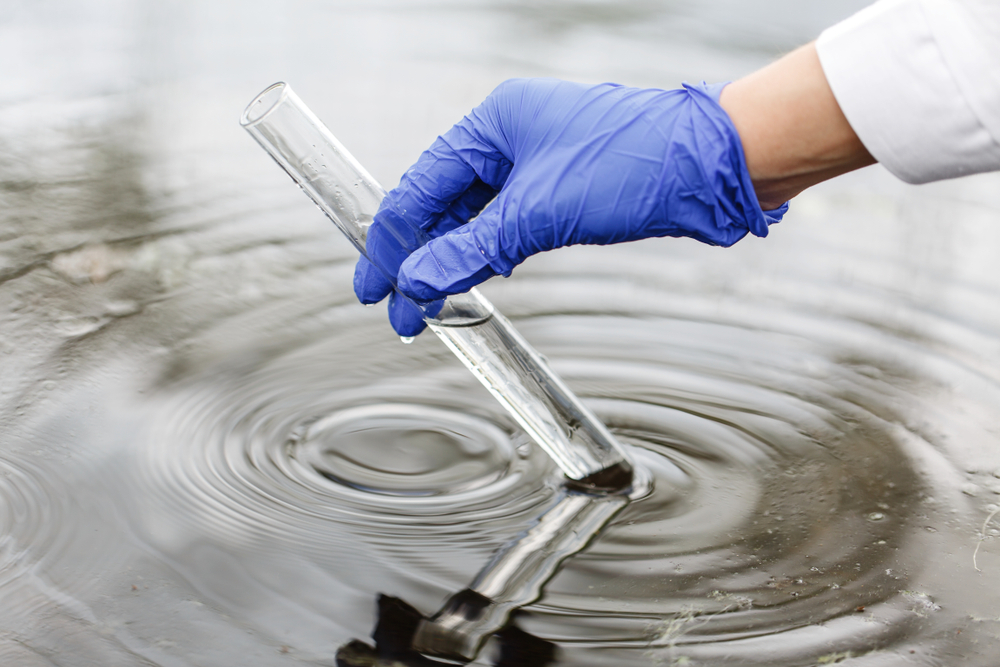Camp Lejeune, a Marine Corps Base in North Carolina, has been at the center of a legal battle regarding water contamination and the resulting health issues faced by military personnel and their families. In a recent ruling, four U.S. District Court judges have determined that victims of past water contamination at Camp Lejeune are not entitled to jury trials in their lawsuits seeking damages from the federal government. This decision has significant implications for the ongoing litigation and lawsuits filed by those affected.
Water Contamination at Camp Lejeune
Between 1953 and 1987, Camp Lejeune experienced water contamination, primarily caused by the improper storage and disposal of hazardous substances. The contamination affected thousands of military personnel, their families, and civilian employees stationed at the base. For decades, individuals exposed to contaminated water at Camp Lejeune have suffered from a range of health issues, including cancer, birth defects, Parkinson’s disease, fertility problems, and other side effects.
A clear link has been established between exposure to toxic chemicals in Camp Lejeune water and an increased risk of an array of specific health conditions. These findings have provided a strong foundation for legal action and the pursuit of compensation for those affected by the water contamination.
The Camp Lejeune Justice Act of 2022
In 2022, Congress passed the Camp Lejeune Justice Act (CLJA) as part of a broader law called the PACT Act. This legislation opened a two-year window for individuals harmed by the water contamination issue at Camp Lejeune to file damage claims with the Navy and then pursue lawsuits in federal court if their claims were not resolved within six months.
The CLJA aimed to provide a legal avenue for victims to seek justice and compensation for their injuries. However, the recent ruling by the U.S. District Court judges in North Carolina has raised questions about the rights of these victims and the process for determining damages.
Judges’ Decision on Jury Trials
The judges concluded that Congress did not clearly delineate a right to jury trials in the CLJA. As a result, they ruled that victims of Camp Lejeune water contamination are not entitled to have their claims heard by a jury. Instead, the determination of damages will be made by a judge during bench trials.
According to the judges’ ruling, the CLJA “does not unequivocally, affirmatively, and unambiguously provide plaintiffs the right to a jury trial in actions seeking relief.” They further noted that Congress did not depart from its usual practice of not permitting a jury trial against the United States. Consequently, the demand for jury trials in the plaintiffs’ master complaint was struck down.
This decision has significant implications for the thousands of lawsuits filed by former Marines, family members, and others exposed to toxic chemicals in the water supply at Camp Lejeune. It means that the amount of damages awarded to each claimant will be determined by a judge, rather than a jury.
Impact on Victims and Lawsuits
Victims exposed to contaminated drinking water at Camp Lejeune have expressed disappointment with the judges’ ruling. Many believed that a jury trial would provide a fairer opportunity to present their claims and secure appropriate compensation for their injuries. They argue that juries are often more sympathetic and understanding of the long-term consequences of the contamination, which could lead to higher compensation amounts.
Lori Freshwater, who has a pending lawsuit over the death of her mother from leukemia caused by the water contamination issue at Camp Lejeune, expressed her hopes for a swift resolution to the lawsuits. She emphasized the urgency of providing compensation to those who have waited decades for justice. Freshwater acknowledged the ruling’s limitations but urged against further delays and appeals, emphasizing the need to prioritize the well-being of affected individuals.
Bench Trials and Financial Compensation
With the denial of jury trials, the focus now shifts to the upcoming bench trials. These trials will involve federal judges considering the evidence presented by both the plaintiffs and the defense. The judges will then determine the amount of damages each claimant is entitled to receive for the injuries caused by the Camp Lejeune water contamination.
The order issued by the judges outlined the discovery schedule for the first batch of claims undergoing case-specific discovery, with the expectation that the first trials will begin in 2024. The judges aim to expedite the resolution of the outstanding claims and provide much-needed compensation to the victims.
While the outcome of these early trials will not have a binding impact on other claims, it will set a precedent and guide future lawsuits. The amount of damages awarded in these trials will influence negotiations between the parties and potentially expedite the resolution of the remaining claims.
Camp Lejeune Lawsuit Information
ATSDR Agency for Toxic Substances and Disease Registry, Camp Lejeune, North Carolina
VA U.S. Department of Veterans Affairs, Camp Lejeune water contamination health issues




